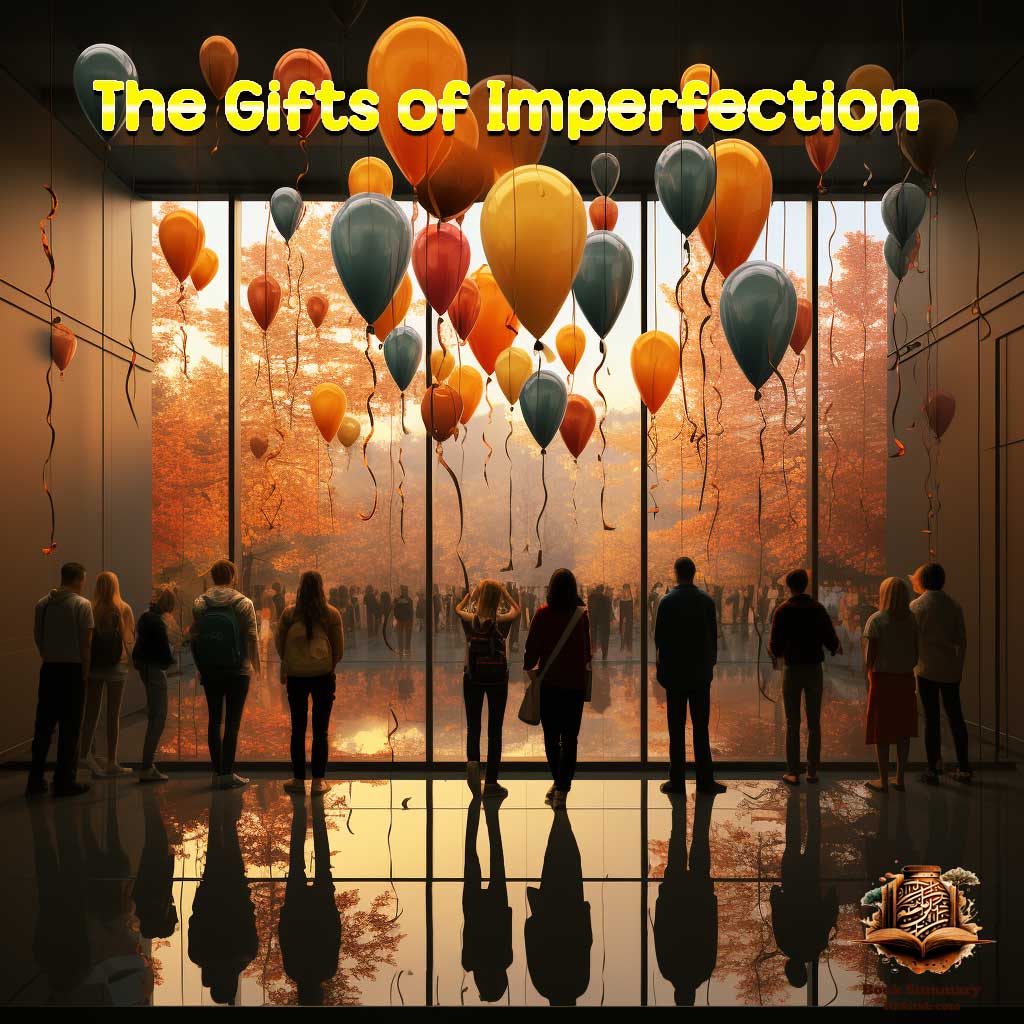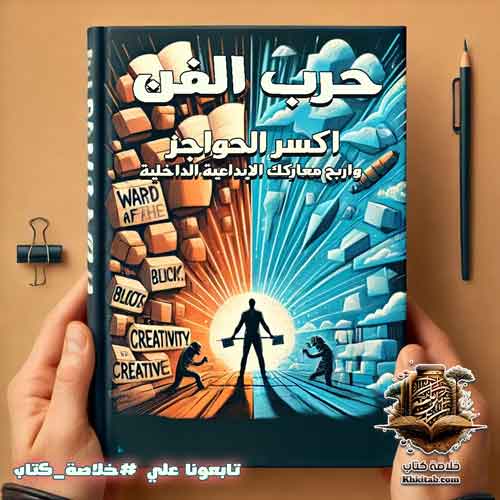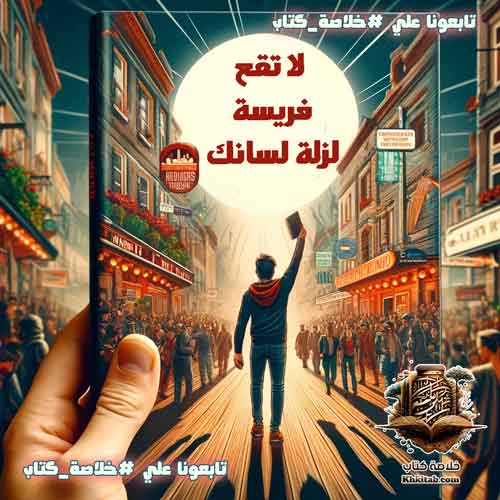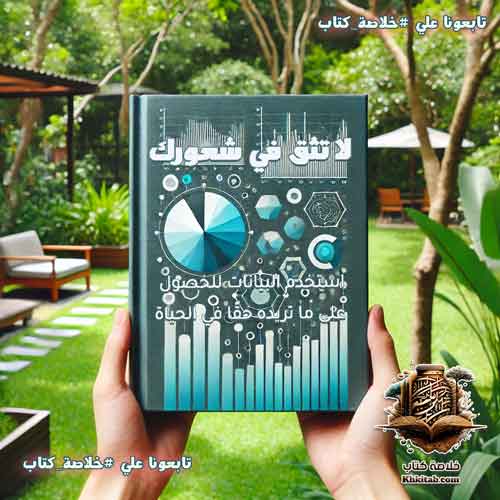The First 20 Hours: How to Learn Anything… Fast! Book Summary
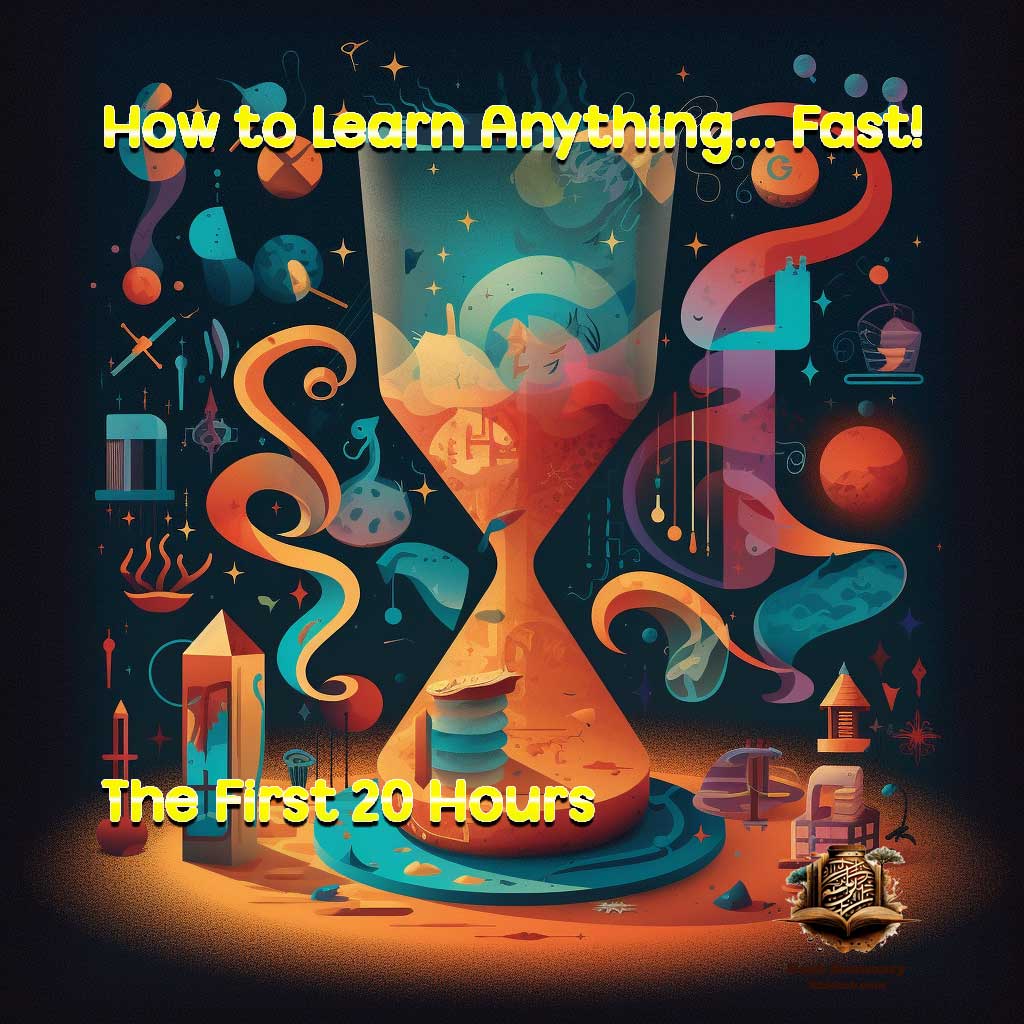
“The First 20 Hours: How to Learn Anything… Fast!” is a groundbreaking book authored by Josh Kaufman that reshapes conventional learning. The book presents a new and innovative way to learn any skill quickly and efficiently. Kaufman emphasizes the importance of focusing on the first 20 hours of the learning process, which can make a significant difference in acquiring the desired skill. The book provides readers with practical tools and innovative techniques to accelerate the learning process and achieve success in any chosen field.
Table of contents
How to Master a New Skill Rapidly: An Insightful Analysis of ‘The First 20 Hours: How to Learn Anything… Fast!’
In an ever-evolving world where adapting to change becomes increasingly critical, the art of rapid skill acquisition turns into a fundamental life hack. Josh Kaufman’s book, “The First 20 Hours: How to Learn Anything… Fast!”, provides practical insights into mastering this art.
Kaufman proposes an innovative approach called “rapid skill acquisition” where the focus is on intensive, targeted learning during the initial 20 hours. The key lies not in long hours of practice, but rather in focused, deliberate practice. This approach aims at overcoming the initial frustration barrier that many learners face, propelling them into a comfortable zone of competence quicker.
Setting specific, achievable goals lies at the heart of this methodology. The learner must deconstruct the skill into manageable chunks, learn enough to self-correct, and then practice these smaller elements of the skill. Kaufman emphasizes that removing barriers to practice and integrating short practice sessions into the learner’s schedule can result in effective and faster learning.
Importantly, Kaufman acknowledges the inevitability of making errors during the learning process. He emphasizes the necessity of viewing errors not as failures, but as opportunities for improvement. This mindset shift promotes resilience and continuous growth.
Furthermore, Kaufman endorses immediate practical application of the newly acquired skills. This not only consolidates the learning but also gives a sense of achievement and motivation to the learners, spurring them on to further develop their skills.
Continuous learning is another tenet Kaufman firmly stands by. The world is a dynamic place with an abundance of information, and the ability to learn and adapt quickly becomes a vital skill.
In conclusion, “The First 20 Hours: How to Learn Anything… Fast!” by Josh Kaufman provides a roadmap to accelerate skill acquisition and promote continuous learning. It serves as a guide for individuals who want to master new skills rapidly, making learning an engaging and fruitful endeavor.
Our Facebook Page – Book Summary
The Power of Microlearning: Unveiling the Methodology of ‘The First 20 Hours: How to Learn Anything… Fast!’
In the digital age, where information is vast and time is scarce, the concept of microlearning becomes crucial. In his enlightening book “The First 20 Hours: How to Learn Anything… Fast!”, Josh Kaufman presents an innovative approach that emphasizes the importance of breaking down complex skills into manageable parts.
Kaufman proposes an insightful technique where skills are not seen as large monolithic structures, but rather as compilations of smaller, manageable sub-skills. This technique is known as skill deconstruction, and it plays an essential role in facilitating rapid skill acquisition.
The logic behind deconstruction is straightforward yet potent: It is easier to grasp several small tasks than one large one. By dissecting a complex skill into smaller components, learners can focus on mastering one sub-skill at a time. This approach minimizes the overwhelm often associated with learning something new, making the process more approachable and less daunting.
إقرأ أيضا:Breaking Bad Habits: Transforming Business PracticesBeyond making the learning process more digestible, this technique also allows for targeted learning. Once a skill is broken down, learners can identify which sub-skills are most critical and prioritize them. This targeted approach ensures that learners spend their time efficiently, focusing on elements that yield the highest return on investment.
Moreover, deconstruction aids in building a clear learning path. By understanding the constituent parts of a skill, learners can sequence their learning in a logical, progressive manner. This roadmap can enhance motivation as learners have a clear view of their journey, making their goals appear more attainable.
Skill deconstruction, as Kaufman proposes in his book, enables learners to transform the way they approach new skills. It makes the learning process more efficient, manageable, and ultimately more successful. By reframing how we perceive complex skills and focusing on smaller, manageable parts, we can truly master anything… fast!
Conquering Learning Barriers: How ‘The First 20 Hours: How to Learn Anything… Fast!’ Advocates for Obstacle Removal
Acquiring a new skill can often feel like a Herculean task, not least due to the numerous obstacles that can stand in our way. These barriers might be physical, such as a lack of resources, or psychological, like fear of failure or procrastination. In his transformative book, “The First 20 Hours: How to Learn Anything… Fast!”, Josh Kaufman provides the reader with potent strategies for overcoming these impediments to accelerate the learning process.
إقرأ أيضا:Obedience to Authority: The Fine Line Between Loyalty and Blind SubmissionOne of the key arguments Kaufman puts forth is that to facilitate effective learning, we must eliminate or, at the very least, reduce the barriers that could hinder our progress. Physical barriers are often the most straightforward to identify. These could range from the absence of necessary tools or resources to a lack of an appropriate environment for practice. Kaufman emphasizes the need to prepare your physical space for learning, ensuring all required resources are within reach and creating a learning-friendly environment devoid of distractions.
On the other hand, psychological barriers might be a bit trickier to manage, but Kaufman offers insightful advice on tackling them head-on. These barriers could encompass anything from fear of embarrassment or criticism to self-doubt or lack of motivation. Kaufman advocates for a change in mindset, turning these negative perceptions around and reframing them as part of the learning process. He encourages learners to view mistakes as opportunities for growth rather than failures.
Moreover, Kaufman speaks to the power of creating a pre-commitment. The act of committing to a learning goal and setting aside specific, dedicated time for practice can bolster motivation and decrease the temptation to procrastinate.
By providing practical and actionable advice, Kaufman ensures that “The First 20 Hours: How to Learn Anything… Fast!” serves as a guide for learners to clear their path of obstacles. This approach paves the way towards rapid skill acquisition, making the journey of learning anything, swiftly, a realistic and achievable goal. Through Kaufman’s lens, learners are empowered to become their own barrier-busters in their quest for knowledge and skill mastery.
Mastering the Initial Learning Curve: Can the First 20 Hours Make the Difference?
In the quest to acquire new skills, the initial stage is often the most daunting. It is a phase fraught with complexities, uncertainties, and struggles that may discourage many from continuing the journey. However, according to Josh Kaufman, in his groundbreaking book “The First 20 Hours: How to Learn Anything… Fast!”, this initial stage, specifically the first 20 hours, holds the key to rapid skill acquisition. But how does this work?
The premise of Kaufman’s method rests on the concept of the steep initial learning curve. In many skills, the first few hours of practice tend to yield significant progress. This period is when the learner moves from knowing nothing, or very little, about the skill, to acquiring the basic fundamentals. Kaufman asserts that by effectively utilizing the first 20 hours, one can navigate past the steepest part of the learning curve and gain a functional proficiency in the chosen skill.
The question then becomes, how to make the best use of these pivotal first 20 hours? Kaufman offers a systematic and strategic approach to this. Firstly, he recommends deconstructing the skill, breaking it down into manageable chunks. This method helps to demystify the skill and allows the learner to focus on practicing each part individually.
Secondly, Kaufman encourages self-directed learning. This involves learning just enough to practice and self-correct during practice. By focusing on the most commonly used parts of the skill, learners can quickly become “good enough” to get the desired results.
Lastly, Kaufman emphasizes removing barriers to practice. By eliminating potential distractions and creating an environment conducive to focused practice, learners can maximize the value of the time spent on the skill.
While the idea of learning anything fast might seem overly ambitious, Kaufman’s “The First 20 Hours” provides a compelling case for the power of the first 20 hours. It delivers an approach that is not only effective but also efficient, allowing individuals to become capable beginners at any skill they wish to acquire. Armed with Kaufman’s strategies, the seemingly steep mountain of learning a new skill may well turn into an achievable climb.
Self-development – Book Summary (khkitab.com)
Harnessing the Power of Self-learning: Unleashing Potential with ‘The First 20 Hours’
The era of information technology has shifted our learning paradigms, enabling individuals to delve into uncharted territories of knowledge and skills, irrespective of their backgrounds or locations. In this self-learning revolution, Josh Kaufman’s “The First 20 Hours: How to Learn Anything… Fast!” emerges as a beacon, guiding learners to effectively navigate their individual quests for knowledge and skill acquisition. But what exactly makes this book a pivotal tool for self-learners?
Kaufman’s “The First 20 Hours” fosters an appreciation for the power of self-directed learning. This approach underscores the value of autonomy in the learning process, allowing individuals to tailor their learning journey to their unique needs, interests, and goals. It’s about shifting the focus from externally set learning agendas to a more personal and intrinsic form of education.
Kaufman proposes a practical framework for effective self-learning. The strategy revolves around spending the first 20 hours of learning breaking down the skill into smaller parts, self-correcting during practice, and removing barriers to practice. This process enables learners to take full control of their learning journey, focusing on elements that they deem crucial, adjusting pace according to their comfort, and creating an environment that best facilitates their learning.
Perhaps one of the most powerful concepts introduced in Kaufman’s book is the value of immediate self-correction. Kaufman suggests that making mistakes is an integral part of the learning process. He encourages learners to see these errors not as failures, but as opportunities for improvement. Through self-correction, learners become their own teachers, refining their skills and understanding their shortcomings better.
In a world where continuous learning has become a necessity rather than a luxury, “The First 20 Hours: How to Learn Anything… Fast!” provides a strategic roadmap. It equips learners with techniques to leverage their strengths, work on their weaknesses, and ultimately harness the power of self-learning. Kaufman’s approach empowers individuals to learn any skill they desire, challenging traditional learning models and paving the way for a more engaged, efficient, and successful learning experience.
Learning from Failures: Unpacking ‘The First 20 Hours’ Approach to Effective Skill Acquisition
It’s often said that the path to success is strewn with failures. But how do we navigate these obstacles without losing sight of our goals? Josh Kaufman, in his groundbreaking book “The First 20 Hours: How to Learn Anything… Fast!”, presents a fresh perspective on the concept of ‘mistakes’ in the learning process, and offers a detailed approach to turning these perceived negatives into catalysts for success.
In a conventional learning setup, mistakes are often seen as indicators of inadequacy or a lack of understanding. However, Kaufman flips this perspective on its head. In “The First 20 Hours”, he urges readers to view mistakes not as pitfalls, but as stepping stones on the path to mastery. Each error is seen as an invaluable opportunity for insight, growth, and improvement. But how does this mindset shift benefit learners?
For starters, embracing mistakes fosters a resilience that is crucial for any learning journey. Rather than being deterred by failures, learners who adopt Kaufman’s approach grow to see these as integral components of the learning process. Each mistake becomes a lesson that shapes and refines the learner’s approach to acquiring the new skill.
Further, this approach encourages learners to be active participants in their learning process. By analyzing their mistakes and identifying patterns in their missteps, learners can adjust their strategies and techniques. This practice of self-correction and reflection enhances their understanding of the skill at hand, and accelerates their progress towards mastery.
Also, Kaufman’s perspective on mistakes promotes a healthy learning environment free from the fear of failure. This psychological safety allows learners to take risks, experiment with different methods, and ultimately find the most effective strategies for their learning style.
By placing the power back into the hands of the learner, “The First 20 Hours: How to Learn Anything… Fast!” promotes a growth mindset, encouraging readers to embrace the journey of learning with its ups and downs. It reminds us that failures are not roadblocks, but invitations to try again with improved understanding and renewed determination. In essence, Kaufman teaches us that it is not about avoiding mistakes, but rather about learning how to benefit from them.
Bridging the Gap Between Learning and Application: A Deep Dive into ‘The First 20 Hours’ Approach to Skill Acquisition
In a world that’s constantly evolving, the ability to quickly acquire new skills can be a game-changer. But is learning a skill enough? Josh Kaufman, in his seminal work “The First 20 Hours: How to Learn Anything… Fast!”, posits that the answer is no. The real value, he suggests, lies in the practical application of these skills in our everyday lives. But what does this look like, and how can we make it happen?
The theory is simple: Learning in isolation is rarely beneficial. It’s when we start applying what we’ve learned that we truly begin to understand and master a new skill. Kaufman’s book argues that the key to rapid skill acquisition lies not only in understanding the theory but in putting it into practice consistently.
The application of skills in real-life situations creates an environment conducive to experiential learning. This learning approach encourages individuals to go beyond the confines of traditional classroom instruction and textbooks and to directly engage with the material at hand. By applying new skills in a practical context, learners can gain a deeper understanding and create meaningful connections, facilitating faster and more effective learning.
Additionally, using new skills regularly in a practical context reinforces what has been learned, consolidating it in our memory. Regular practice allows the brain to better cement neural pathways related to the new skill, leading to increased proficiency and automaticity over time.
Incorporating a new skill into our daily routine can also provide immediate feedback on our progress, giving us the chance to address any areas of difficulty or misunderstanding promptly. This feedback loop can significantly speed up the learning process by allowing us to adjust our strategies in real time and continually refine our approach.
But perhaps most importantly, Kaufman’s emphasis on the practical use of new skills highlights the inherent value of learning in itself. By applying new skills in our daily life, we not only accelerate our learning but also enhance our lives, making them richer, more diverse, and more fulfilling.
In essence, “The First 20 Hours: How to Learn Anything… Fast!” provides an actionable blueprint not just for acquiring new skills, but for seamlessly integrating them into our lives for maximum benefit. With this approach, Kaufman turns the often daunting prospect of learning something new into an enriching and life-enhancing endeavor.
Embracing the Journey of Continuous Learning: Unpacking ‘The First 20 Hours’ Approach
The 21st-century world is marked by rapid technological advancements, burgeoning digitalization, and a constantly shifting landscape of knowledge and skills. How do we navigate this complex terrain? According to Josh Kaufman in his insightful book, “The First 20 Hours: How to Learn Anything… Fast!”, the key lies in the commitment to continuous learning. This approach not only boosts personal development but can also have far-reaching implications for our career growth, adaptability, and overall life satisfaction.
Continuous learning, as Kaufman presents it, is the ongoing pursuit of knowledge and skills throughout one’s life. It represents a shift away from the conventional belief that education ends once we step out of an academic institution. Instead, it champions a mindset of curiosity, adaptability, and a lifelong dedication to self-improvement.
Kaufman suggests that learning is not just about acquiring a new skill for a specific purpose; rather, it’s about nurturing an enduring love for discovery, innovation, and personal growth. He challenges his readers to adopt a learner’s mindset, one that is open to new experiences, eager to tackle new subjects, and willing to take on the discomfort of stepping out of their comfort zone.
But how can we foster a culture of continuous learning? One of the key strategies proposed in the book is setting achievable learning goals and tackling them in bite-sized chunks. Breaking down a skill or a body of knowledge into manageable parts can make the learning process less overwhelming and more attainable. This step-by-step approach fosters a sense of achievement and fuels the motivation to keep learning.
Importantly, Kaufman also emphasizes the role of practice and application in continuous learning. He argues that one of the most effective ways to reinforce new knowledge and skills is to apply them in real-world situations. This encourages a deeper understanding and helps the newly acquired skills to become second nature, further perpetuating the learning cycle.
Kaufman’s work serves as a roadmap for individuals seeking to thrive in today’s fast-paced, ever-changing world. The adoption of continuous learning as a lifelong journey, he suggests, can enhance personal and professional growth, improve adaptability, and cultivate a more enriching life.
By placing the power of learning directly in the hands of individuals, “The First 20 Hours: How to Learn Anything… Fast!” transforms the prospect of skill acquisition from a daunting task into an empowering journey of continuous growth and self-discovery. As we navigate through the twists and turns of the 21st century, such a mindset is more valuable than ever.
Unlocking Your Learning Potential: How Desire and Personal Motivation Propel Success – Insights from ‘The First 20 Hours’
In our relentless quest for personal and professional growth, the willingness to learn is paramount. As underlined by Josh Kaufman in his enlightening book, “The First 20 Hours: How to Learn Anything… Fast!”, desire and personal motivation are fundamental elements that shape our learning journey. They are the internal sparks that ignite our curiosity and drive us to acquire new knowledge and skills.
Desire, as Kaufman underscores, is the cornerstone of the learning process. It is the hunger for understanding, the thirst for knowledge, and the intrinsic yearning to grow and improve. This natural curiosity propels us to explore new frontiers, delve into uncharted territories, and uncover hidden layers of understanding. Without this powerful desire, the pursuit of learning could easily become a laborious task, devoid of joy and personal fulfillment.
Meanwhile, personal motivation acts as the fuel that sustains our learning journey. It is the engine that keeps us moving, pushing us to overcome obstacles and persevere in the face of challenges. Kaufman suggests that when we anchor our learning goals to personal motivations – such as a passion for a certain subject, the desire to solve a particular problem, or the aspiration to achieve a specific milestone – we are more likely to stay committed and achieve success.
Drawing from his extensive research and personal experiences, Kaufman demonstrates that desire and personal motivation are intertwined. They feed off each other in a virtuous cycle that fosters a more engaged and effective learning experience. As we nurture our desire for learning, we stoke our personal motivation. In turn, our growing motivation deepens our desire to learn more, setting the stage for an enriching and self-sustaining learning journey.
However, Kaufman also cautions that while desire and personal motivation are indispensable, they alone are not enough to guarantee learning success. They need to be complemented by deliberate practice, effective learning strategies, and a conducive learning environment. Yet, without the foundational force of desire and personal motivation, even the best learning resources and techniques may fail to bring about the desired results.
By spotlighting the pivotal role of desire and personal motivation, “The First 20 Hours: How to Learn Anything… Fast!” offers a refreshing perspective on the art and science of learning. It reminds us that at the heart of every successful learning endeavor is a deeply personal and human element – a burning desire to know more, do more, and be more.
In today’s fast-paced, knowledge-driven world, Kaufman’s insights provide invaluable guidance for anyone seeking to unlock their learning potential. After all, the journey of learning is not a race against time or others. It’s a personal voyage of discovery, fueled by our own desires and motivations.
Revolutionizing Learning: Can ‘The First 20 Hours’ Teach Us How to Learn Anything…Fast?
With the ever-increasing pace of the world, traditional learning methods often feel insufficient. Can we learn anything…fast? According to Josh Kaufman’s book, “The First 20 Hours: How to Learn Anything… Fast!”, we certainly can. Kaufman explores the concept of rapid skill acquisition and proposes a series of practical tools and innovative techniques to accelerate the learning process. But what are these tools, and how can they revolutionize our learning experience?
The first step Kaufman advocates for is defining your target performance level. Before starting to learn anything, it’s essential to have a clear idea of how good you want to be at it. Do you want to master it, or do you merely need to be competent enough to get by? By setting a tangible target, you create a clear path towards your goal.
Next is deconstructing the skill. Learning becomes more manageable when we break down the skill into smaller, more digestible parts. By focusing on one sub-skill at a time, we can gradually build up to the full skill, reducing the potential overwhelm and increasing the chances of success.
Another tool that Kaufman suggests is removing barriers to practice. Physical, digital, and emotional distractions can hamper our learning process. It’s important to set up an environment that’s conducive to learning, removing any elements that might disrupt your focus and concentration.
Additionally, Kaufman emphasizes the value of pre-committing to practicing the new skill for at least 20 hours. He suggests that the major hurdles in any learning process are faced during the first few hours. By setting a pre-commitment, you’ll push through the initial resistance and frustration that often leads to giving up.
Finally, the book stresses the importance of using the new skills in real-world scenarios as soon as possible. There’s a big difference between theoretical knowledge and practical application. The sooner you start using your new skill, the quicker you’ll be able to refine it based on real-world feedback.
By employing these practical tools and strategies, Kaufman argues, we can all master new skills quickly and efficiently. “The First 20 Hours: How to Learn Anything… Fast!” challenges the traditional paradigms of learning and offers an alternative approach that values time efficiency, strategic focus, and practical application. Whether you’re a life-long learner or a professional aiming to keep up with rapidly evolving industries, Kaufman’s insights might just offer the learning revolution you’re seeking.


